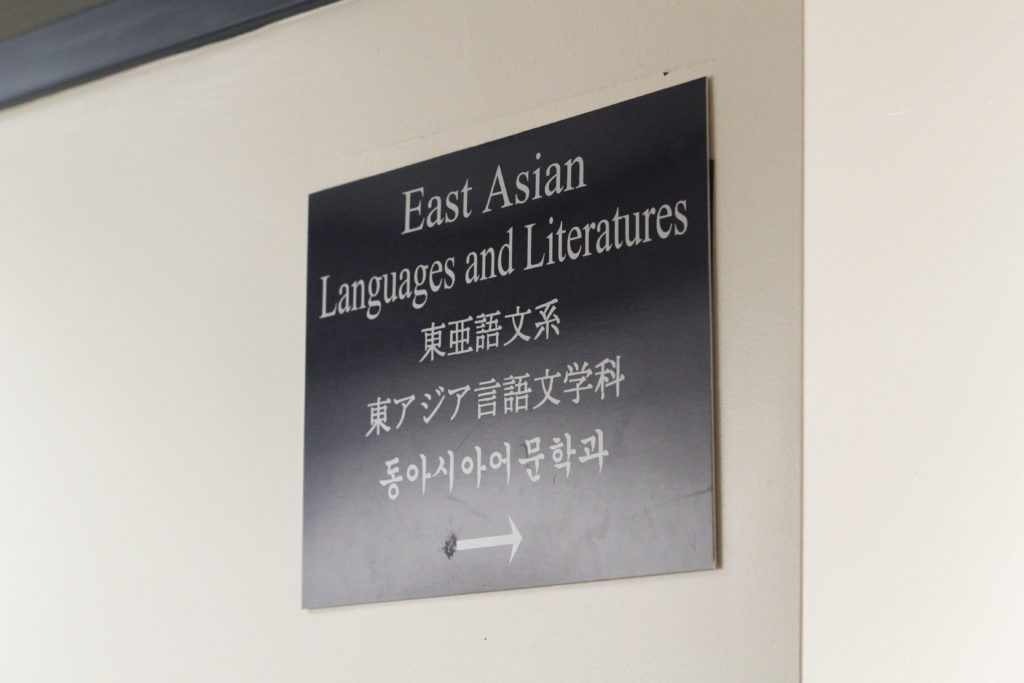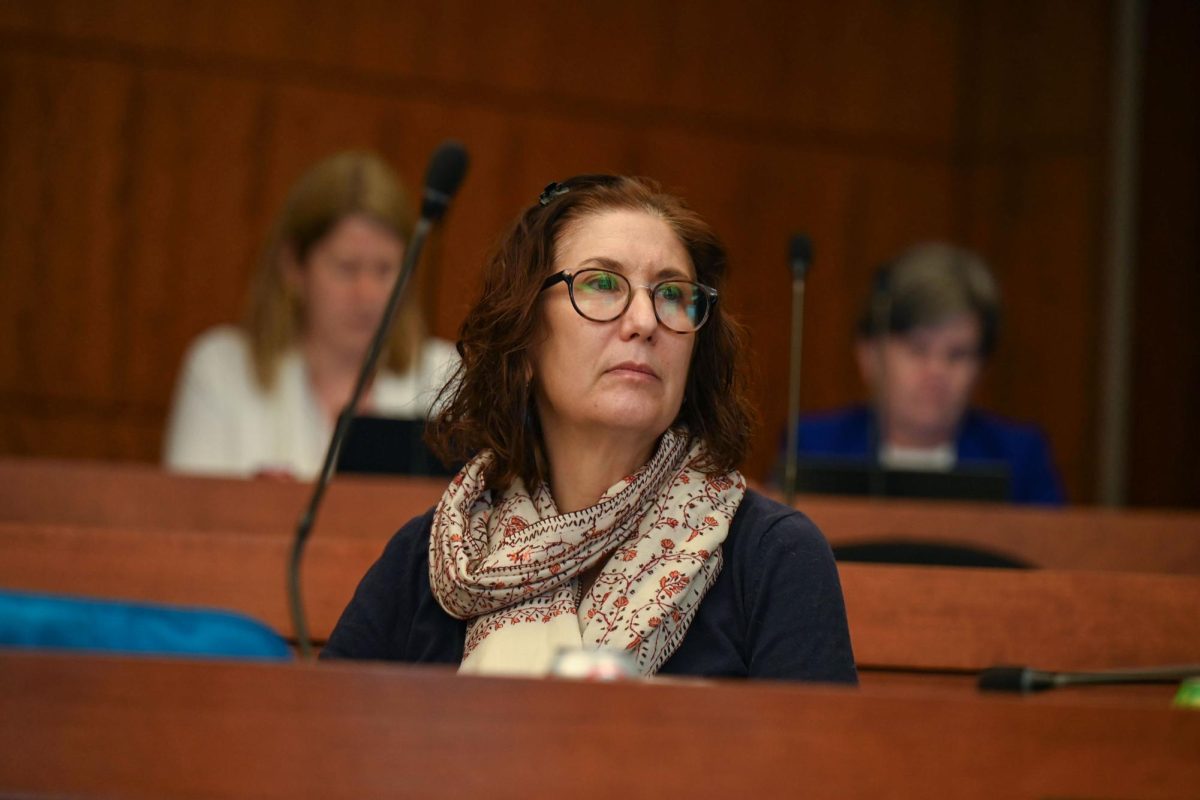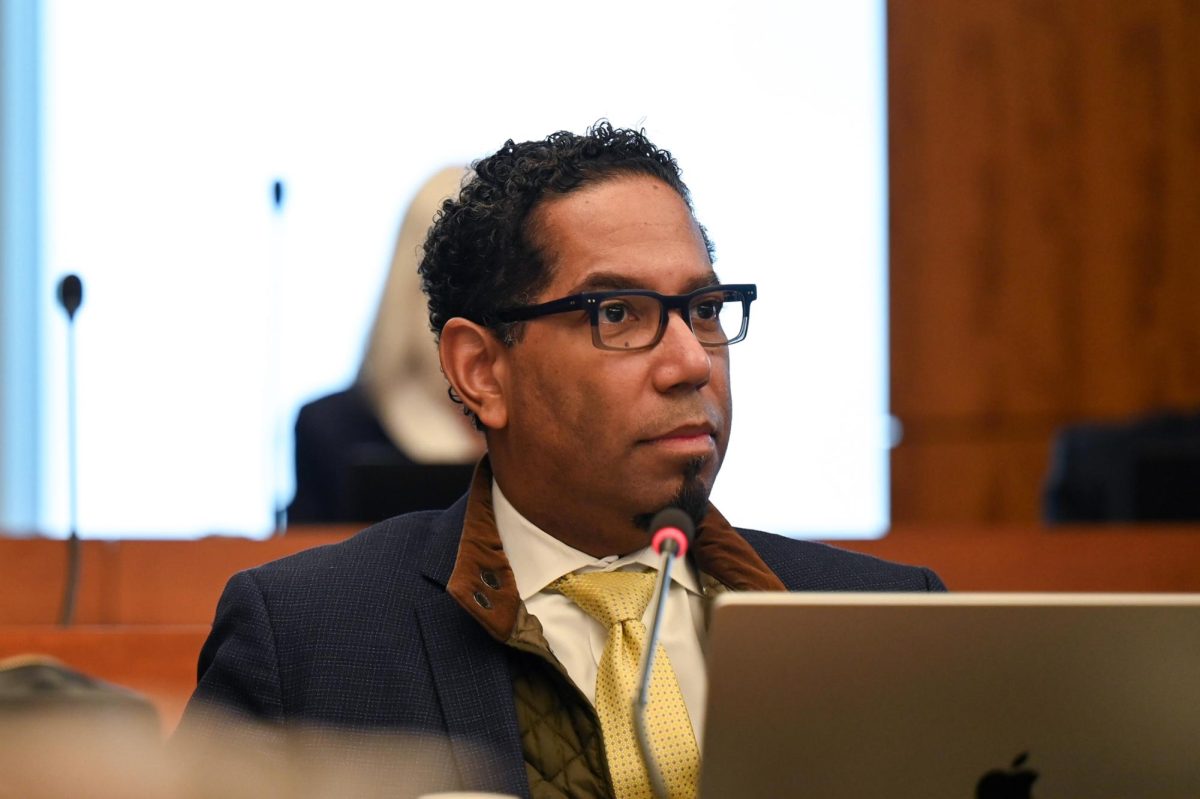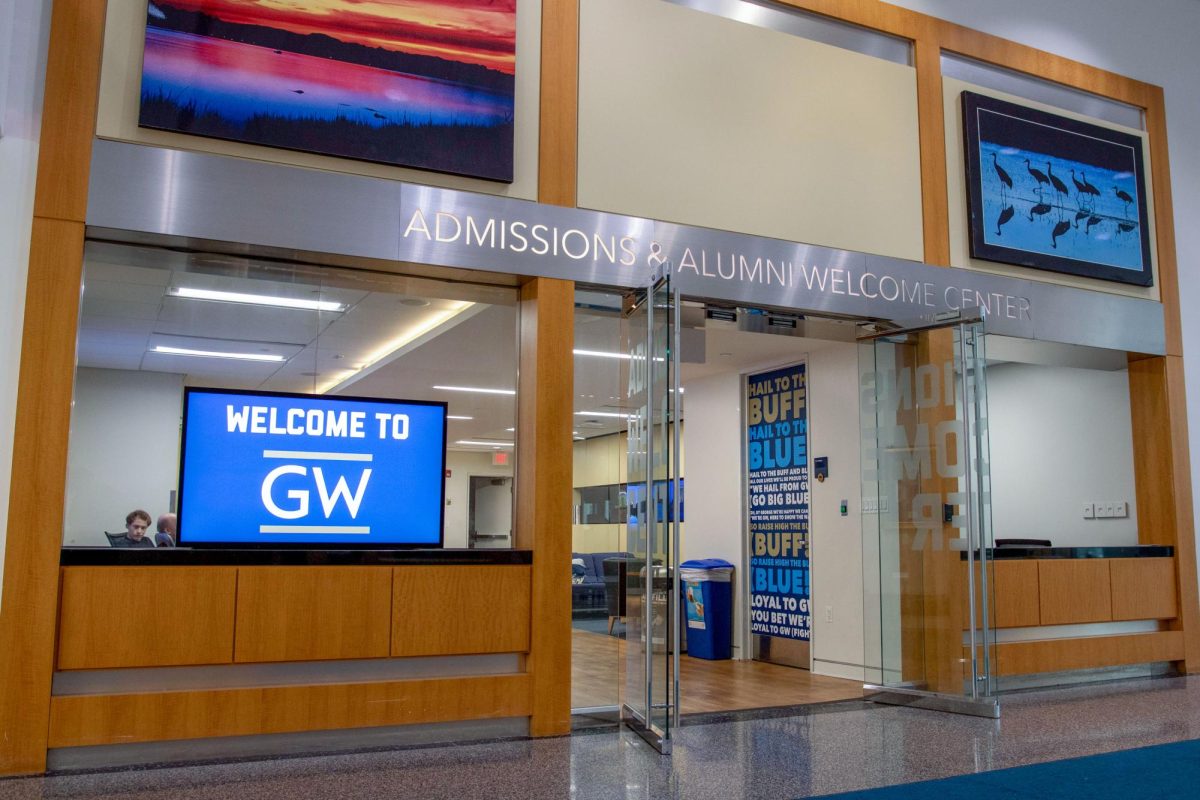One semester into the Korean major’s debut, faculty said the program’s expansion has allowed students to study aspects of the peninsula beyond the language, like literature and history.
The introduction of the major ushered in a number of new course offerings related to Korea available to students focused on the social sciences and humanities, Korean program faculty said. They added that the Korean language and literature major rounds out the East Asian Languages and Literature department’s offerings – which includes Chinese and Japanese – and enhances EALL’s ability to compete with other universities’ programs.
Jisoo Kim – the director of the GW Institute for Korean Studies, which promotes Korean studies at GW and in D.C. – said the East Asian languages department added the major to meet rising demand from students. Kim said the department faculty saw increased interest in courses related to Korea as enrollment in the Korean minor grew.
“There were students who are interested in studying about Korea, not necessarily about the language but about Korea,” Kim said. “Having the Korean major, what this helps with is being able to offer more classes for those students and to have more choice – more choice of Korea-related classes – which is obviously more beneficial to them.”
She said before the creation of the major, students had to petition the Columbian College of Arts and Sciences dean if they wished to graduate with Korean as a major before last semester.
Kim said leaders of the GW Institute for Korean Studies, housed in the Elliott School of International Affairs, contributed to creating four new courses for the major. The program has focused on organizing academic and culture events about Korea for years at GW and throughout D.C., the website states.
Kim said the major was created with financial support from the Korea Foundation, a grant-giving institution that endowed three faculty positions and the work of Korean studies faculty.
“The aim is that you fulfill the background of Korean studies, which allows you to analyze and also understand Korea in whatever field you are interested in going into – whether that be the government sector, or information technology, or wherever,” Kim said. “I think that if your work relates to Korea in any way, it helps you to become more confident in your work compared to someone who has no background on Korea.”
Gregg Brazinsky, the deputy director of the Korean studies institute, said the new major has benefitted students by furthering the University’s “overall excellence” in Korean scholarship and helped the University attract prospective students interested in studying Korea.
“I think right now the George Washington University is uniquely positioned in Korean studies,” he said. “We’re the only institution in the Washington, D.C. area that has its own institute for Korean studies, GWIKS. We have a lot of great faculty who teach Korean history, Korean politics, Korean language, Korean literature, so we’re in a very unique position when it comes to Korean studies.”
Brazinsky said he has heard his graduate students positively review the major, which demonstrates GW’s commitment to Korean studies. He added that his graduate students have expressed interest in studying the language based on the opportunities they have seen undergraduates take advantage of.
“They look at the fact that GW is the only school in the area that has a Korean major, and they say, ‘Oh wow, GW must really be the institution that’s interested in Korea, that has a strong presence in Korean studies,’” Brazinsky said.
Immanuel Kim, an associate professor of Korean literature and culture studies whose professorship is endowed by the Korea Foundation, said that while Korean policy and diplomatic affairs are on the news and taught regularly, GW still lacks culture courses focused on Korea. He said he wants to implement courses that allow students to “really understand how the people in North Korea live on a daily basis.”
He added that the high status Korean culture enjoys around the world reflects the demand for a Korean major and desire for Korea-focused courses at GW.
“Korea is now a very visible culture in our society,” he said. “It’s not just Korea, the country.”








